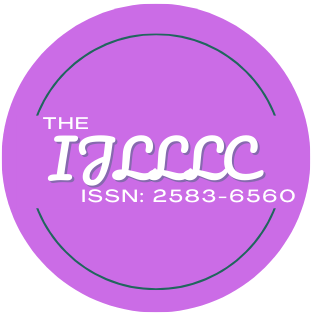Abstract:
The translation of idioms poses significant challenges, particularly when cultural nuances and
linguistic intricacies are involved. As an important cultural element of every language, idioms
related to animals are not only one of the most interesting linguistic phenomena but also of
largest concern among language translators regardless of the language pair translated. This paper
explores the obstacles encountered in translating English-Vietnamese idioms containing animal
elements, and equivalent translation strategies in addressing these hurdles. By examining the
cultural, semantic, and syntactic disparities between the source and target languages, this study
identifies the complexities inherent in rendering idiomatic expressions accurately. Additionally,
the paper delves into four translation strategies, proposed by Baker (1992): (i) Using an idiom
of similar meaning and form; (ii) Using an idiom of similar meaning but dissimilar form; (iii)
Translating by paraphrase; and (iv) Translating by omission, in overcoming the challenges posed
by idiomatic expressions with animal elements. Through a comprehensive analysis of real-world
examples in English and Vietnamese idioms, this research provides insights into the
complexities of idiomatic translation and offers practical recommendations for translators
seeking to improve the accuracy and cultural relevance of translated content. |
